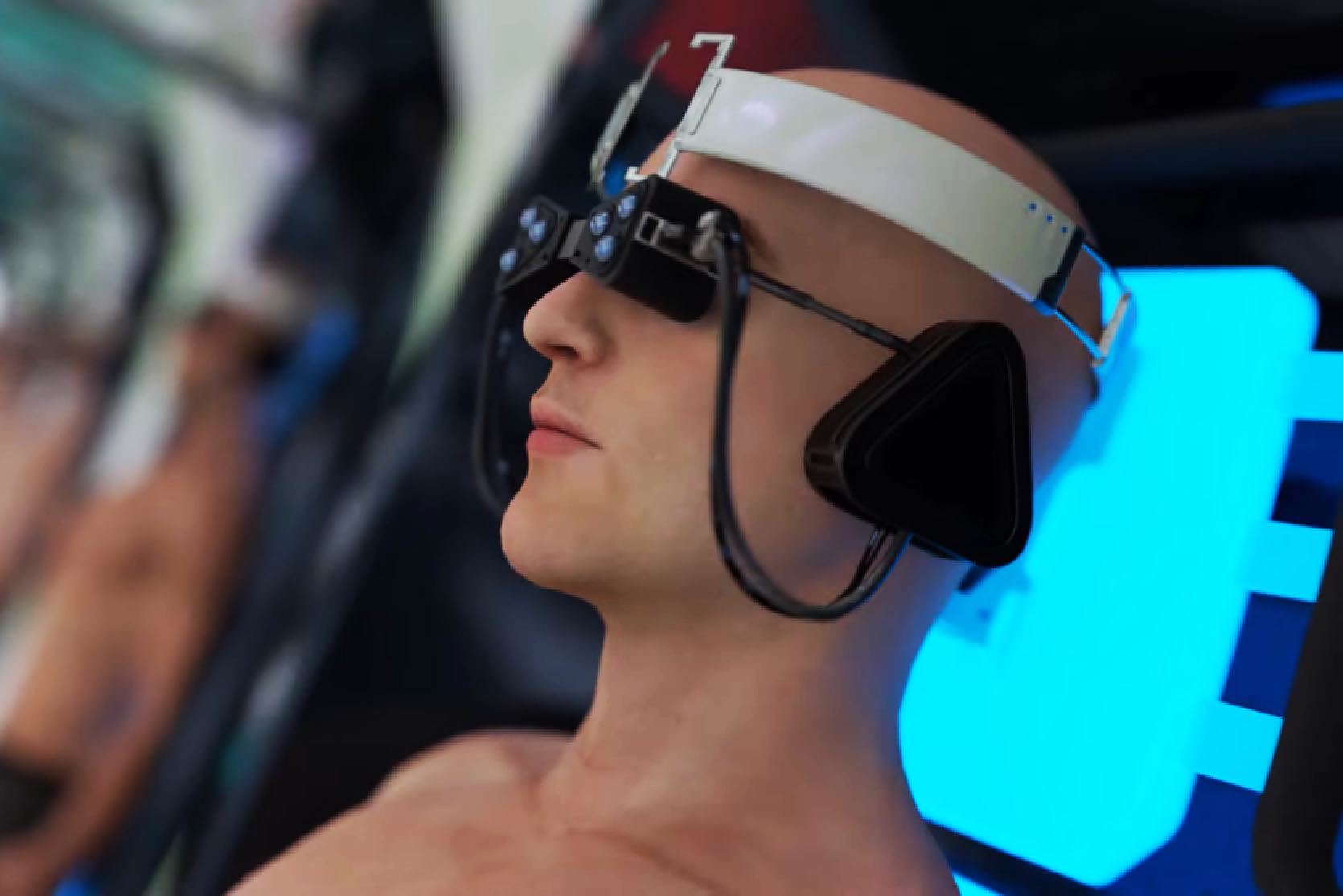Hashem Al-Ghaili, a molecular biologist and science communicator from Yemen, knows how to relieve overcrowded prisons. He proposed creating a virtual prison in an interview with Wired.
The specialist offers a new neurological prison system, which he calls Cognify. He has published a video presentation of the virtual justice institution, and it may seem terrifying. Instead of locking up inmates for long periods of time, prisoners will be subjected to artificial memories in a virtual environment. The system creates specialized content generated by artificial intelligence, which is converted into visual information and delivered to the prisoner's brain, as well as to parts of their DNA and RNA related to memory formation, to create a template of long-term memory.
Such technology does not currently exist, and Cognify is only a proposal. However, Al-Ghaili claims that experiments conducted on animals demonstrate that this process may work on humans in the future. A study published in March in the scientific journal Nature used mice as test subjects and showed that memories are likely formed by broken and reassembled DNA strands.
Of course, there are ethical consequences that would need to be considered if such a system were to become a reality. Al-Ghaili says that Cognify could emerge in ten years, but only "if we can overcome the ethical constraints that hinder the testing of such technology."
Filmmaking has repeatedly addressed such inventions. In particular, the Italian film "False Memory" ("Ipersonnia") tells the story of imprisonment in hypersleep, which disrupts memories. The Australian film "OtherLife" from 2016 explored a technology where, in a few minutes of real time, a prisoner experiences years of captivity. In an episode of the American-Canadian series "The Outer Limits" from 1995, the protagonist is made to believe that he committed murder and spent his entire life in prison. He wakes up only to condemn the punishment system he defended just a few minutes ago.
Hashem Al-Ghaili previously created a presentation on body transplant technology, which he also currently does not possess. The previous project is already seeking investors and experts, but at the moment, it is also just a video presentation.














Comments (0)
There are no comments for now